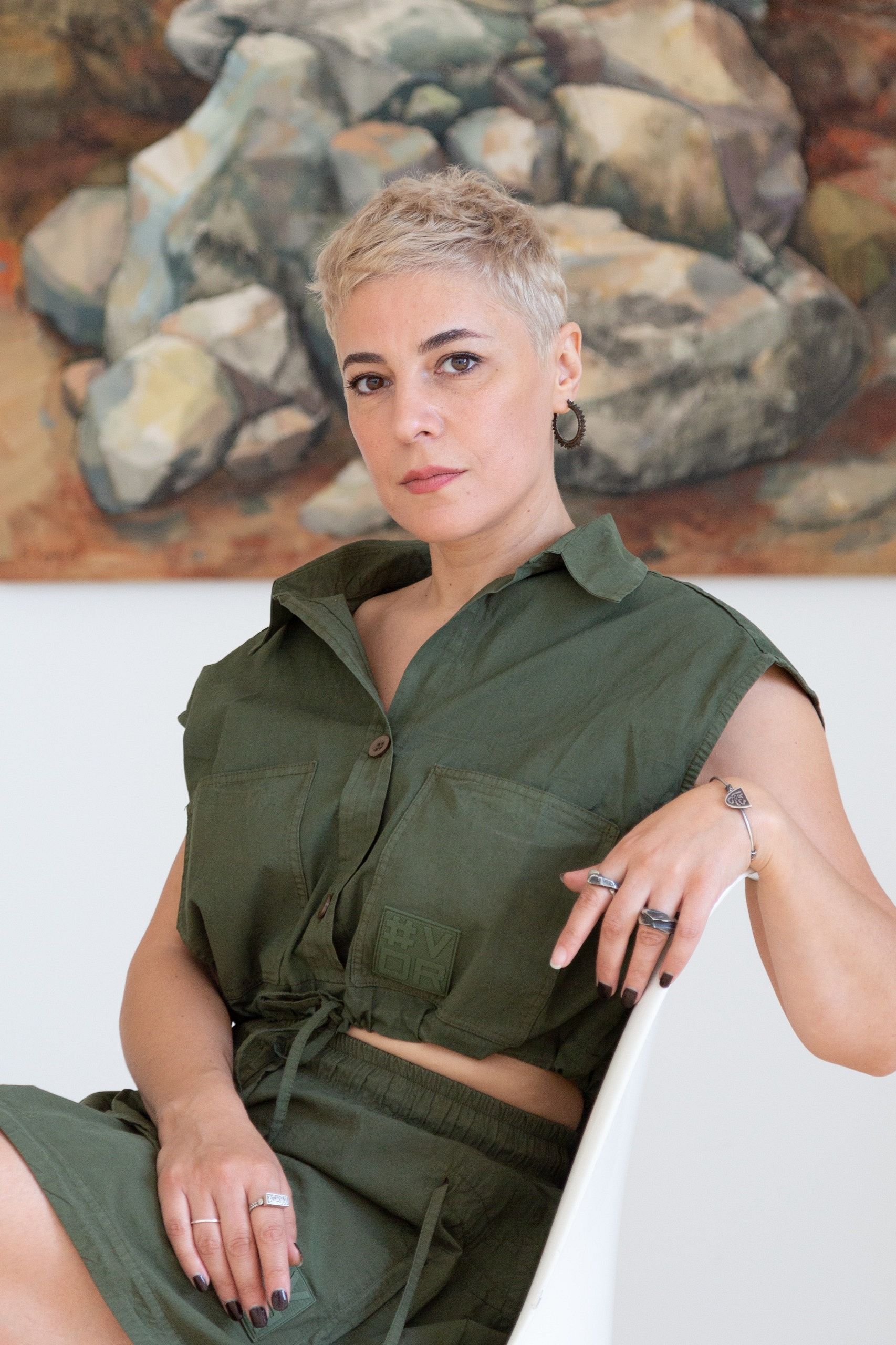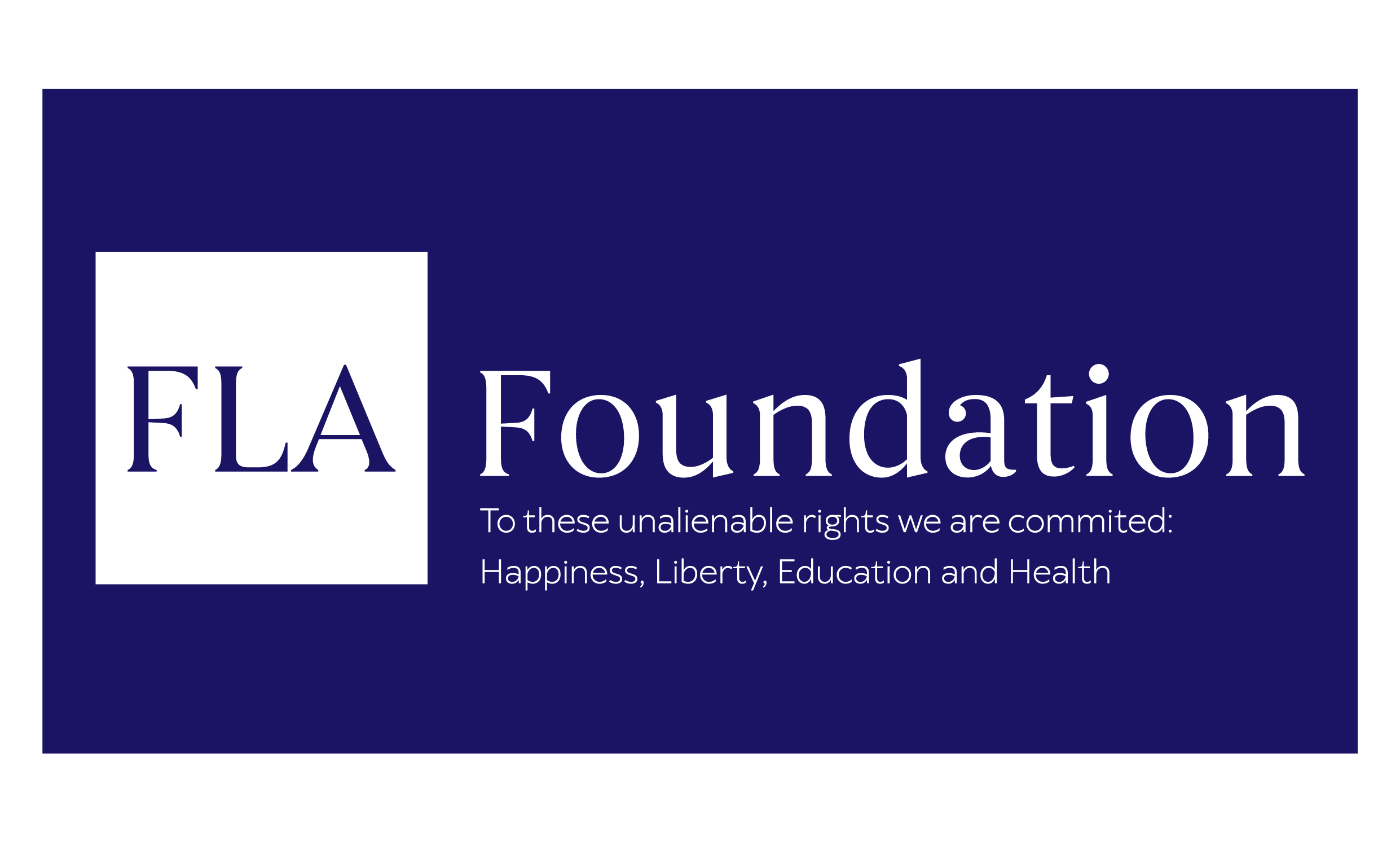
Where are our cultural players in times of war, and what are they doing?
L'Agenda Culturel went to meet them, interview them and listen to their stories.
Ghada Zoghbi, painter. Lives in Beirut.
How are you doing?
I'm managing my anxiety as a mother who wants to ensure my son is safe and is less stressed. I also feel vulnerable and angry, so I'm working on handling all these emotions.
What is your daily life like in a time of war?
I'm still struggling to create a new routine because I'm not settled in one location. After leaving my home, I stayed with a friend for about two weeks, and now I'm back, but I still don't feel safe. I'm constantly on edge, uncertain of when I might have to leave again. However, I recognize that I need to give myself some peace and let go of the guilt.
Despite everything, I've been able to cherish some of my most personal moments, such as enjoying a drink alone while listening to my favorite music, and having many comforting conversations with my son and those I care about.
How do you continue your artistic activity?
Creating art requires a lot of energy and concentration that I can't spare right now, as I'm subconsciously operating in survival mode. I recognize this is a normal phase, so I don't force myself to create; it happens when it does. Nevertheless, I find myself sketching regularly.
How do you see Lebanon's future?
Hope is inherently limitless, and as humans, we cannot thrive without it.
I cannot envision a positive future for Lebanon unless we learn from our past experiences. Lebanon has never existed in isolation from the rest of the world but its connections have often been misused. However, as I witness young people globally advocating for humanity and fighting for the rights of the oppressed, I place my trust in our youth. They have the opportunity to be heard, to express themselves, and to foster the right connections.
To overcome the fear and anxiety, what do you suggest to our readers?
We not only fear the atrocities of war, but also the uncertainties that come with it. This cannot be avoided. Therefore, turn this fear into action, try to help in your own community, continue to seek knowledge and don’t hesitate to ask questions. The more informed we are, the more empowered we feel. Additionally, remember to forgive yourself and others.
Books: Alcools/Apollinaire, Le Loup des Steppes/Hermann Hesse
Series: Love Death +Robots Inside Man
Music: I’m recently rediscovering ethnical music from north Africa.
On another level I suggest Bu Nasser Touffar (Arabic rap)
Greentea peng
Lahsa de Sela
Podcasts: Any interview with Albert Moukheiber and Jad Ghosn.
